DHAKA, July 03 (V7N) – Chief Adviser Professor Muhammad Yunus today urged Japan to bolster its cooperation with Bangladesh across several key sectors, including investment, fisheries, the Rohingya humanitarian response, and youth development through education and sports. His remarks came during a meeting with Miyazaki Katsura, Executive Senior Vice President of JICA (Japan International Cooperation Agency), held at the State Guest House Jamuna in Dhaka.
Professor Yunus initiated the discussion by acknowledging Japan's consistent support. "Japan has always been a trusted friend. I recently visited your country, and I was deeply touched by the warmth and hospitality extended to me and my delegation," he stated. Miyazaki reciprocated, affirming Bangladesh's status as one of Japan's most important partners in Asia and reiterating Japan's unwavering commitment to Bangladesh's development trajectory. She also expressed condolences for "the lives lost and those injured in July (uprising)," referring to the mass protests that led to the change of government in Bangladesh in 2024.
A significant point of discussion was the Matarbari project, which Professor Yunus described as "the most important region for our country's future." He underscored Bangladesh's vast maritime potential, recalling a previous conversation with the JICA President in Japan where he expressed Bangladesh's aspiration to become a "sea-based economy." The Matarbari project, encompassing a deep-sea port and power plant, is a cornerstone of this vision, designed to boost connectivity and economic growth.
Recognizing the crucial role of human capital, Professor Yunus requested Japan to increase scholarships for Bangladeshi youth to study in Japan and expand employment opportunities. He highlighted the language barrier as a challenge, proposing solutions such as Japanese teachers coming to Bangladesh or offering distance learning to facilitate Japanese language acquisition and workplace etiquette training for potential workers.
The Chief Adviser also brought up the dire situation of the Rohingya refugees. "It is a sad situation. Thousands of young people are growing up in camps with no hope. They are becoming frustrated and angry," he lamented, underscoring the urgency of finding a sustainable solution.
Miyazaki responded by outlining JICA's current focus areas in Bangladesh, which include supporting reforms in the judiciary, public administration, local government, and the health sector, particularly as Bangladesh prepares for its graduation from Least Developed Country (LDC) status in 2026. She also mentioned a new Bangladesh-focused project by JICA aimed at introducing advanced ICT human resource training through collaboration with local governments, companies, and universities in both countries.
On the subject of youth development, Professor Yunus proudly highlighted Bangladesh's recent successes in women's sports. "Our girls are winning everywhere. Yesterday they won another match and reached the final. We are increasing hostel facilities but need help for their health and training as well," he shared. Miyazaki reacted positively, indicating that Japan is already deploying volunteers for schooling projects globally and would consider further cooperation in women's sports in Bangladesh.
The Chief Adviser expressed gratitude to Japan for recently signing Loan and Grant Agreements totaling over USD one billion for economic reforms, railway construction, and human resource development. He further requested an increase in Japan's annual Official Development Assistance (ODA) threshold to Bangladesh from 300 billion to 450 billion JPY to facilitate the implementation of more development projects.
Professor Yunus concluded the meeting by reaffirming Bangladesh's appreciation: "Bangladesh will always remember Japan's friendship and contributions."
END/PR/RH/



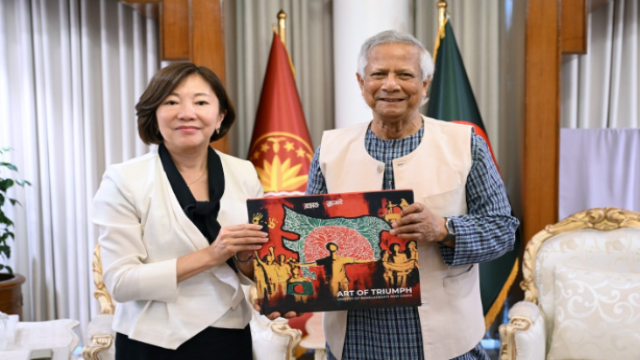
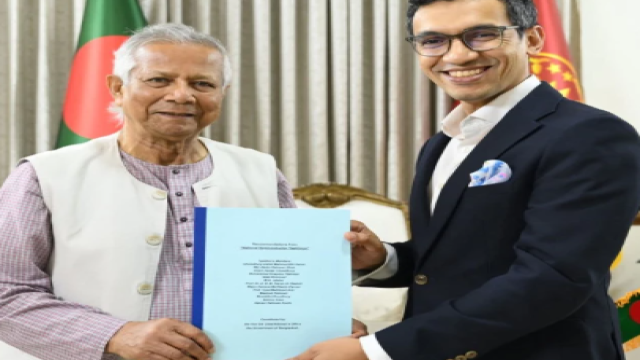
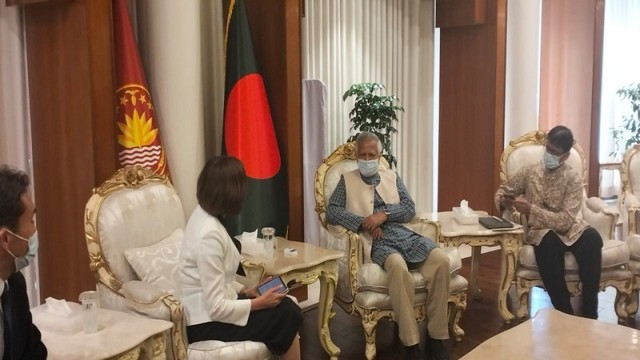

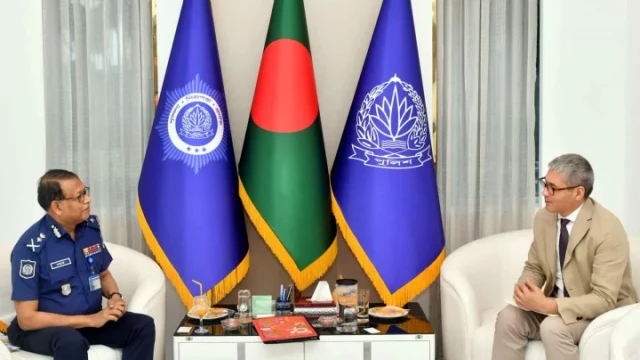

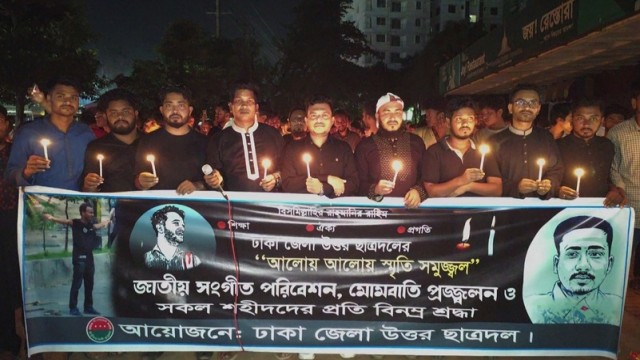


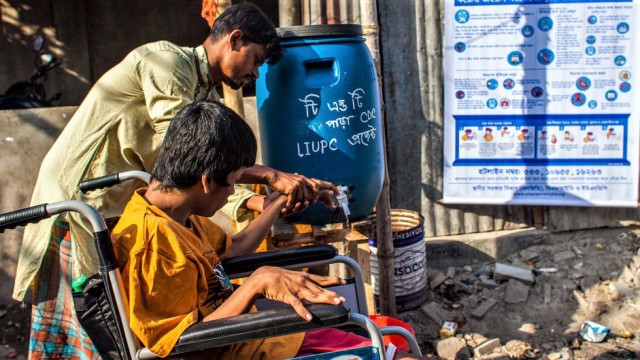



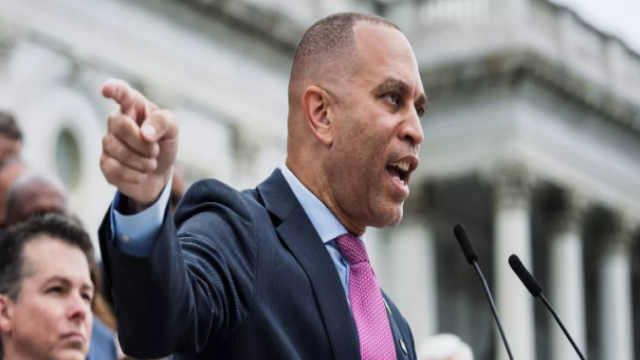








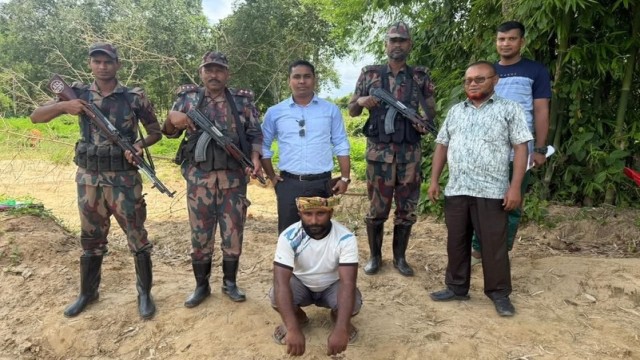
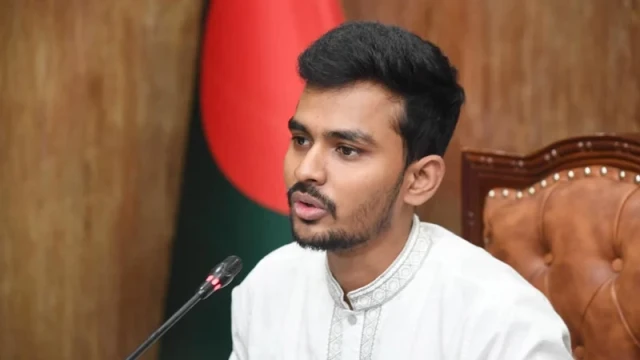
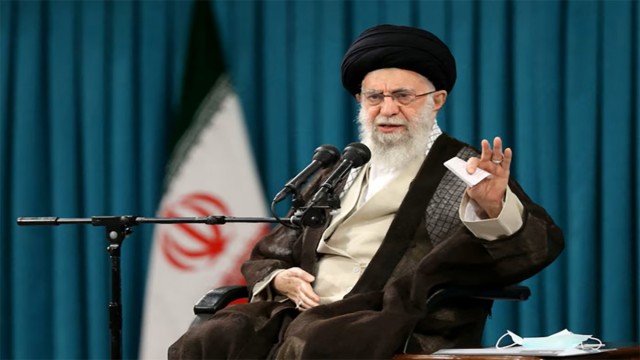
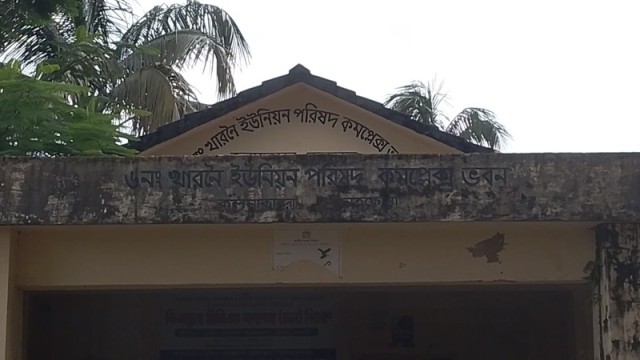
Comment: